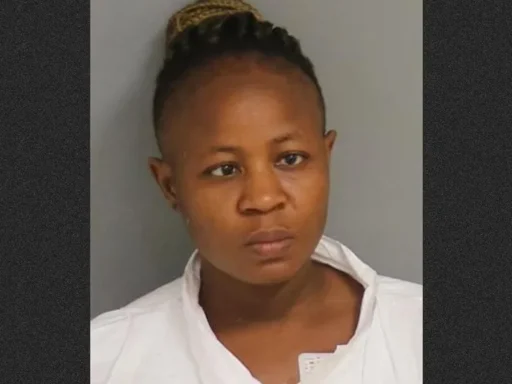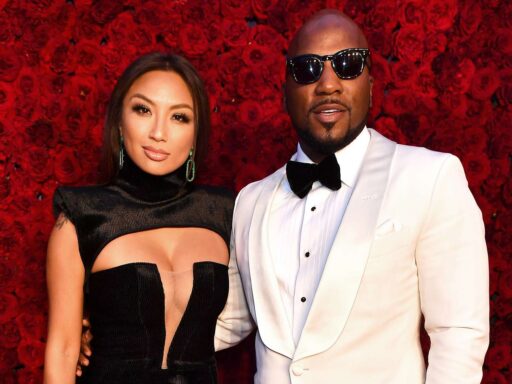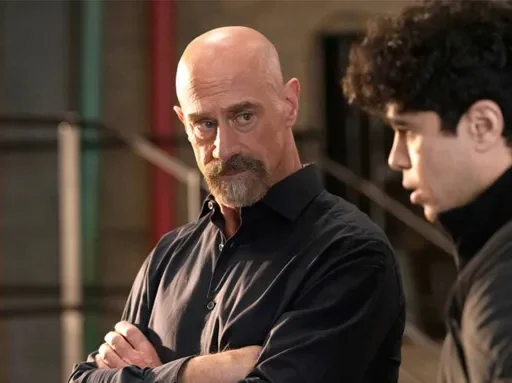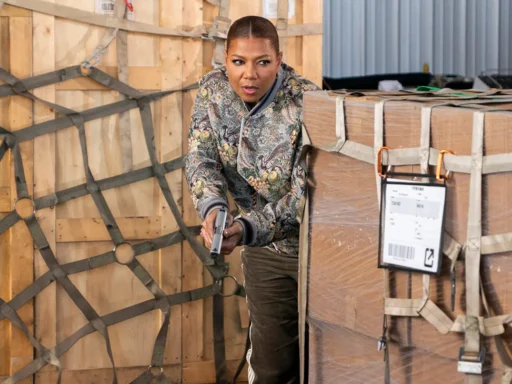
Billy Porter spoke publicly about living with HIV for the first time since being diagnosed 14 years ago.
In a new interview with The Hollywood Reporter, Billy opens up about the shame that compelled him to hide his condition from his castmates, collaborators and even his mother — and the responsibility he feels that compelled him to speak out.
via THR:
“I have to start in 2007,” he says, having settled in across the table.
He’s here, at Little Owl in the West Village, to get something off his chest — something that’s been shrouded in secrecy so long, he can barely remember life before.
“In June of that year,” he continues, a ball of nerves, even if the performer in him refuses to let on, “I was diagnosed HIV-positive.”
In the 14 years since, the Emmy-winning star of Pose has told next to no one, fearing marginalization and retaliation in an industry that hasn’t always been kind to him. Instead, the 51-year-old, who has cultivated a fervent fan base in recent years on the basis of his talent and authenticity, says he’s been using Pray Tell, his HIV-positive character on the FX series, as his proxy. “I was able to say everything that I wanted to say through a surrogate,” he reveals, acknowledging that nobody involved with the show had any idea he was drawing from his own life.
Now, as the Peabody Award-winning series, a ball-scene drama set against the backdrop of the AIDS crisis, concludes its third and final season, Porter is preparing for what’s next. There’s a memoir, over which he’s agonized and blown deadlines, set for later this year; a Netflix documentary about his life, which will keep him in business with Pose co-creator Ryan Murphy; a 2021 take on Cinderella, in which he’ll play the fairy godmother; a directorial debut; a host of new music; and much, much more.
But the Broadway-trained actor, who is an Oscar shy of an EGOT, isn’t interested in entering the next phase of his life and career with the shame that’s trailed him for more than a decade. So, with Murphy by his side for support, and a cadre of documentary cameras hovering above, Porter tells his story. An edited version follows.
Having lived through the plague, my question was always, “Why was I spared? Why am I living?”
Well, I’m living so that I can tell the story. There’s a whole generation that was here, and I stand on their shoulders. I can be who I am in this space, at this time, because of the legacy that they left for me. So it’s time to put my big boy pants on and talk.
I was the generation that was supposed to know better, and it happened anyway. It was 2007, the worst year of my life. I was on the precipice of obscurity for about a decade or so, but 2007 was the worst of it. By February, I had been diagnosed with Type 2 diabetes. By March, I signed bankruptcy papers. And by June, I was diagnosed HIV-positive. The shame of that time compounded with the shame that had already [accumulated] in my life silenced me, and I have lived with that shame in silence for 14 years. HIV-positive, where I come from, growing up in the Pentecostal church with a very religious family, is God’s punishment.
In 2007, it all came tumbling down.
It was a fluke. I had a pimple on my butt, and it got larger and larger and harder and harder, and then it started to hurt. One day I was like, “I’ve got to get this taken care of,” so I went to the Callen-Lorde clinic and the queen at the front desk was like, “You want an HIV test? They only $10.” I said, “Yeah, yeah, it’s time.” I got tested every six months, like you were supposed to. So I went in, got the pimple drained and got tested, and then the doctor came back and looked at me. I was like, “What?” He sat down, and I was like, “No. Nooo.” And he said, “Your test came back positive.” Wheeeew.
For a long time, everybody who needed to know, knew — except for my mother. I was trying to have a life and a career, and I wasn’t certain I could if the wrong people knew. It would just be another way for people to discriminate against me in an already discriminatory profession. So I tried to think about it as little as I could. I tried to block it out. But quarantine has taught me a lot. Everybody was required to sit down and shut the fuck up.
My husband and I rented a house on Long Island because I have a preexisting condition and I can’t be in the middle of it. I have to protect myself, and I have the means to. I’d never been given the luxury to even think about self-care or balance on any level before. It’s like I had to just keep going. COVID created a safe space for me to stop and reflect and deal with the trauma in my life. Now, I’ve been in therapy for a long time. I started when I was 25, and I’ve been going on and off for years. But in the last year, I started real trauma therapy to begin the process of healing. I started peeling back all these layers: having been sent to a psychologist at age 5 because I came out of the womb a big old queen; being sexually abused by my stepfather from the time I was 7 to the time I was 12; coming out at 16 in the middle of the AIDS crisis.
There has never been a moment that I’ve not been in trauma, which is what I’ve discovered this last year. And it was my engine for a very long time. My trauma served me, my story has served me, in terms of forward motion. And as an artist, I’m grateful to have been given opportunities to work through my shit. When I got Kinky Boots, the trajectory for my character, Lola, was about forgiving her father. To be given the gift of practicing forgiveness in a narrative eight times a week for three years — eight times a week, I was allowing myself to forgive my father onstage and both of them [my father and my stepfather] in the ground. Every day was another release. Then came Pose. An opportunity to work through the shame [of HIV] and where I have gotten to in this moment. And the brilliance of Pray Tell and this opportunity was that I was able to say everything that I wanted to say through a surrogate. My compartmentalizing and disassociation muscles are very, very strong, so I had no idea I was being traumatized or triggered. I was just happy that somebody was finally taking me seriously as an actor.
You can read the rest of Billy’s story here.





